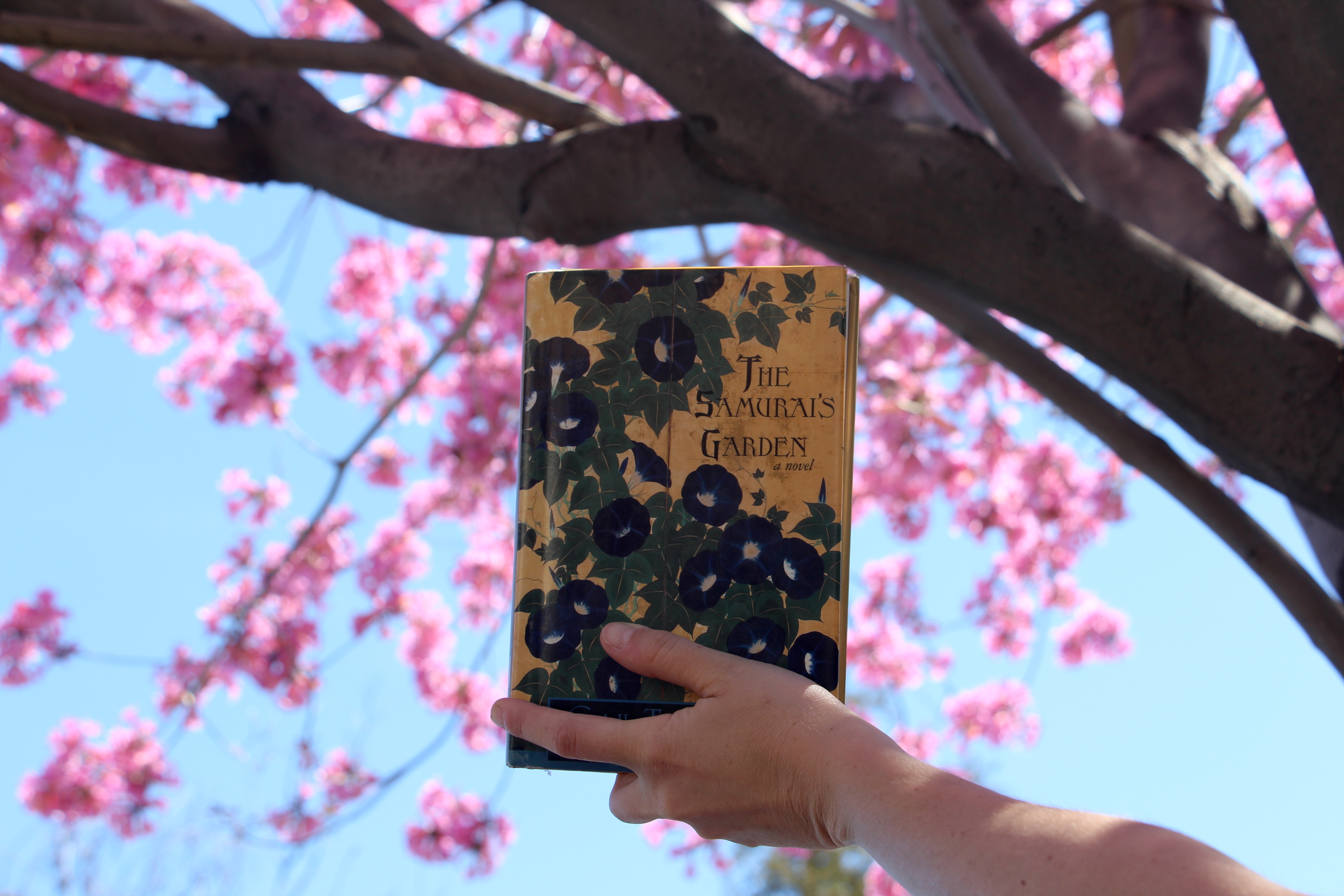Some writers can’t read while they write. This would be impossible for me, in no small way because I am always writing, and I couldn’t bear to not read. But I also find that reading informs my writing, and while I can’t read anything too similar to what I’m currently writing, I often find elements of similarity in the unlikeliest of places.
This is all a roundabout way to say that I learned something essential about writing from The Samurai’s Garden, and it wasn’t at all what I was expecting to glean from the book.
This coming-of-age novel about a sickly Chinese teen growing up in the late 30s, at the onset of World War II, was one of several books set in Japan that I brought with me on my recent trip there. The main character, Stephen, is sent to a seaside village in Japan to recover from a bout of tuberculosis, and over the course of the year that he remains there, he encounters a number of locals, including the caretaker of his grandfather’s home, the woman he loves, and a young lady Stephen develops feelings for. The story is slow but atmospheric, and I found myself swept up in Stephen’s discovery of Japan with World War II forming a mere backdrop for the main story.
But some elements of the story felt as though they didn’t live up to their potential. I felt as though crumbs were scattered through the book, things that I greedily collected and hoped would pan out into a realization or some semblance of a conclusion. Instead, I was disappointed. Some details that seemed to point one way were dropped partway through the story, never to be mentioned again. The realizations Stephen does come to, on the other hand, seemed to emerge from nowhere. These issues are symptomatic of a larger structural issue that I noticed because it’s something that plagues my own work.
Make no mistake: as a presentation of Japanese culture through a fellow outsider’s eyes, this book is a delight. The exploration of the status quo in small Japanese villages leading up to and during the conflict with China is a wonderful and evocative backdrop to this familiar coming-of-age story. I read this book, not as a reader, but as a writer, and as such, I hope it will inform and improve my own writing.
